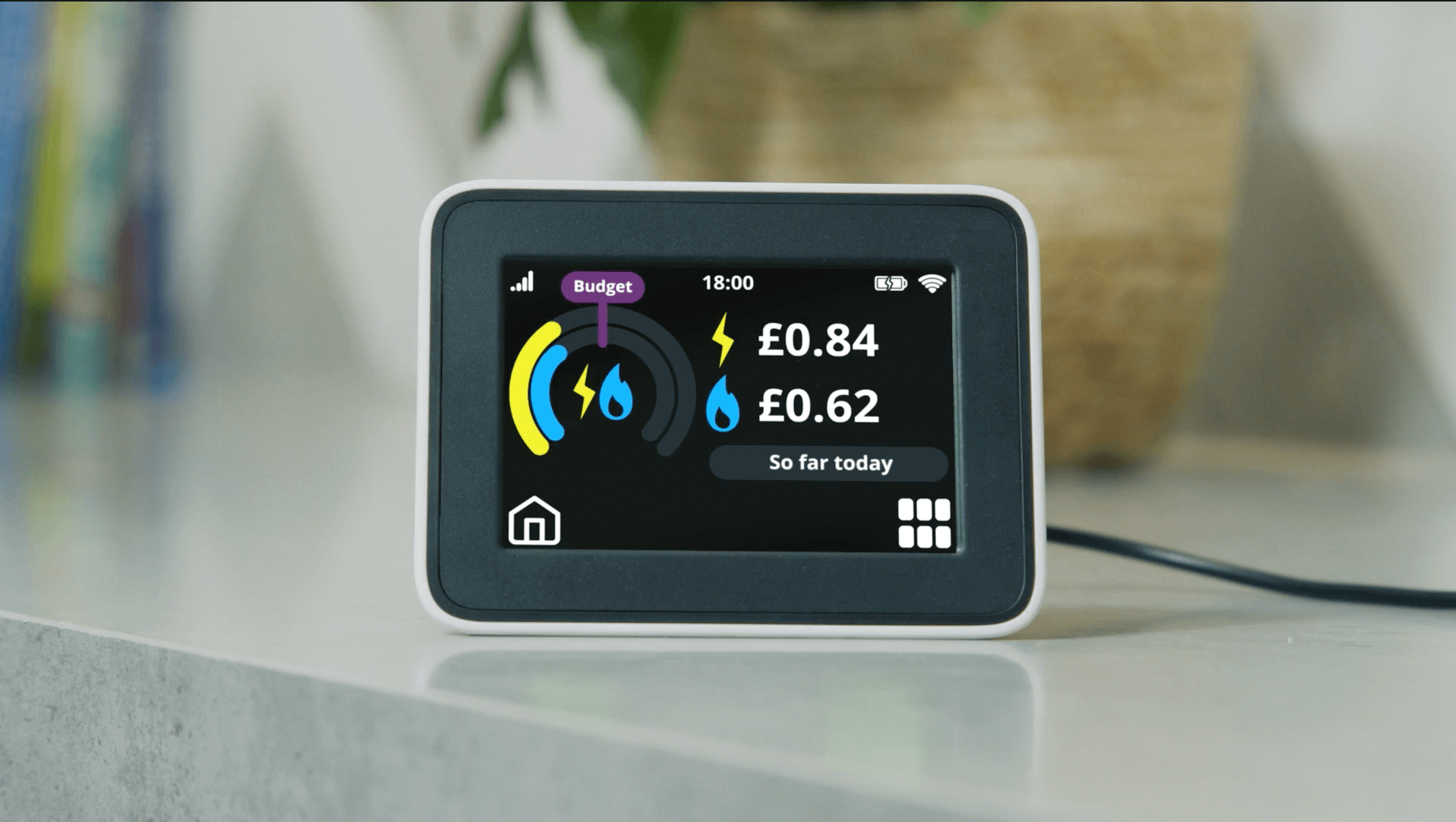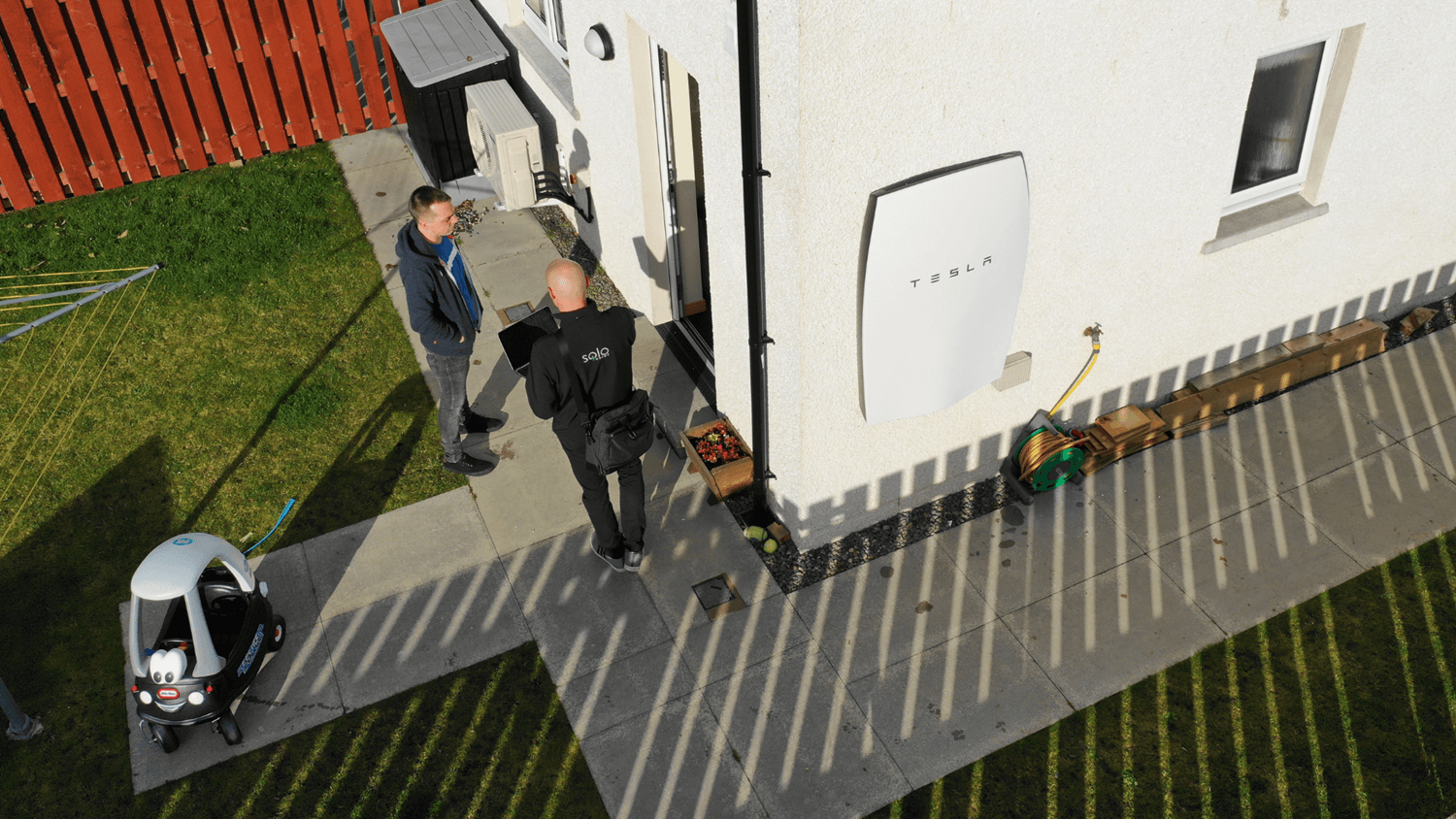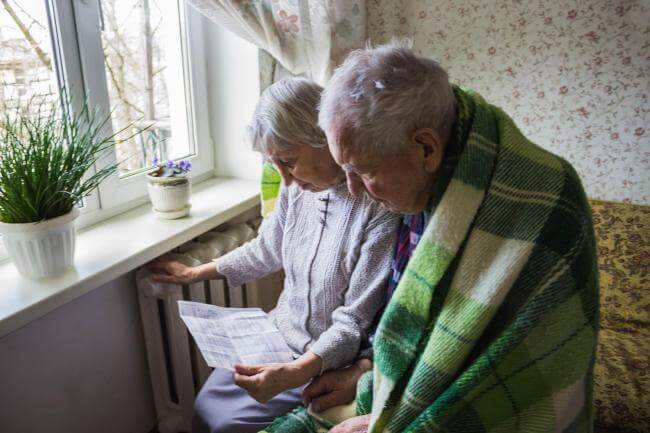Let’s talk about fuel poverty

As part of Fuel Poverty Awareness Day, we take an in-depth look at fuel poverty; a national concern that is set to be heightened by the impacts of COVID-19 this winter. Importantly, we also look at the possible solutions, including what SMS is doing to actively address the issue.
- What is fuel poverty?
- What are the causes?
- Potential impact of COVID-19
- What is being done to address fuel poverty?
- Is there a solution? If so, what is SMS doing?
What is fuel poverty?
Fuel poverty can simply be considered as not being able to afford your energy bills, and therefore keep your home warm. However, there is a more official definition depending on where you live in the UK.
In England, a household is said to be fuel poor if it has above-average energy costs (£1,289 annually according to latest official figures) and if paying those costs pushes the household below the poverty line as far as remaining income is concerned. The most recent government study estimates that there were 2.4 million fuel-poor households in England in 2018, that’s 10.3% of all homes.
The definition of fuel poverty by devolved Governments in Scotland, Wales and Northern Ireland differs slightly. In these areas, a household is considered fuel poor if it needs to spend more than 10 per cent of its combined income on energy costs. According to this definition, 25% of all homes in Scotland are fuel poor, 12% in Wales, and a staggering 42% in Northern Ireland. In total, this equates to more than 3.5 million homes across the whole of the UK living in fuel poverty today.
What are the causes of fuel poverty?
These understandably play a huge role in fuel poverty. The trend currently being seen in the UK, and unfortunately a pattern that is expected to continue for the next few years, is one of rising energy costs. Ironically, this can be partly attributed to the UK’s efforts to decarbonise its energy system by replacing fossil fuels with renewables sources, which will ultimately increase affordability and security of supply in the long run, as well as combat climate change. However, the huge investments required to transition to a more modern, low-carbon system is for the time being having an adverse effect, pushing up the end price for consumers.
In order to tackle rising costs, energy market regulator, Ofgem, has put in place price caps on annual energy bills. The current price cap was set in July 2020, standing at £1,042, and is reviewed every six months. Though the price caps will help reduce fuel poverty, costs remain unaffordable for many, and so there is additional Government support available for those struggling (see below). It’s also the case that households can shop around for tariffs that are significantly lower than the price caps, helping to reduce energy spend.
Household Income
It is an unfortunate fact that lower income households are likely to spend a higher portion of their budget on fuel, and as a result, be pushed into the fuel poverty threshold.
Energy Efficiency
In homes that aren’t using energy efficiently (i.e. are poorly insulated) there’s a bigger chance that energy is being wasted. This means households are having to spend more to keep their homes warm. Though there are some simple behavioural changes that can help save money, retrofitting a home to be much better insulated or installing the latest low-carbon technologies is prohibitively expensive for most UK households.
The impact of COVID-19 on fuel poverty
With the UK this year having entered an unprecedented economic recession due the impact of the COVID-19 pandemic, unemployment rates have risen dramatically and disproportionately impacted those who were already in lower income jobs. In light of this, the UK’s fuel poverty charity National Energy Action (NEA) recently undertook research that demonstrates the negative impact of the pandemic on fuel poverty. Due to higher rates of unemployment, combined with the fact the people are being forced to spend greater amounts of time at home during lockdown restrictions (thereby forcing greater energy use), the study found that there is a perceivably much higher risk that fuel debt will increase this winter.
This leaves millions of the poorest energy consumers potentially having to choose between heating their home adequately or falling into debt. Recognising this, in October Ofgem instructed all energy suppliers across Great Britain to provide more support for customers who may struggle with debt from energy bills, such as identifying pre-payment customers who run out of credit and offering appropriate forms of advice and assistance.
What is being done to address fuel poverty?
Government policy and support
Besides the energy price cap introduced this year to help reduce energy costs, UK Government has made some progress recently in raising the number of fuel-poor households living in more energy efficient homes, with a range of initiatives set out in its Fuel Poverty Strategy.
The most significant of these has been the introduction of Minimum Energy Efficiency Standards (MEES) for the private rented sector, which since April 2018 has required landlords to bring their homes up to a minimum ‘E’ level Energy Performance Certificate rating, or otherwise being banned from letting out their properties. The UK’s EPC Rating system measures the energy efficiency of a property, ranking dwellings from A to G, with A being the most efficient and G being the lowest.
The Government also announced in 2020 a new Green Homes Grant which allows homeowners or residential landlords to apply for vouchers towards the cost of installing energy efficient improvements, such as insulation retrofitting or low-carbon heating technology, up to a maximum value of £10,000. For those receiving state benefits, other financial support is available through schemes such as Winter Fuel Payments, Cold Weather Payments, and Warm Home Discount.
According to the latest Committee on Fuel Poverty Annual Report, the Government’s fuel poverty targets for ‘as many fuel poor households as is reasonably practicable’ to achieve a minimum Energy Efficiency Rating of a Band D by 2025 and Band C by 2030, will be missed “without additional funding and new programmes”. Amongst a raft of recommendations and suggested actions, the Committee has urged government to make fuel poverty targets “an integral part of net-zero 2050 commitments” and to unlock extra funding to be spent on improving the energy efficiency of UK homes.
What can I do to reduce my energy costs?
Whilst there are government schemes that might be able to help with fuel payments and home improvements (see above), there are practical things that everyone can do at home to help cut energy costs.
Watch our short video guide on How to use less energy.
Getting a smart meter installed, available at no extra cost through your energy supplier, is also a way to help you become more aware of how much energy you use and keep track of what you spend in real time. By understanding how much you’re using and when, you can make more informed decisions about where to cut down consumption and, in turn, lower your bills.
Finally, with so much competition in the UK energy market, it’s also a good idea to shop around for tariffs offered by different suppliers, potentially helping you find a cheaper contract to reduce energy spending.


Is there a solution? If so, what is SMS doing?
Though there are various support mechanisms currently available to struggling households, such as the various Government financial schemes and the amazing work done by charities such as NEA to assist vulnerable consumers, these are sticking plasters that do not fully address the root causes of fuel poverty. There is wide recognition therefore that we must – as soon as feasibly possible – create a better energy system that is more affordable and accessible for all, and crucially, more environmentally friendly for the planet too.
At SMS, we are working hard with our energy industry peers to deliver this future of smart energy. Establishing a greener, more modern, and more efficient energy system is a much-needed revolution that we are proud to be leading through the installation of smart energy infrastructure across the UK. This journey begins with smart meters.
Smart meters are not just about providing consumers with a simple means of improving basic energy efficiencies in their homes, they are about facilitating the bigger picture of Britain’s energy transition. Smart meters are the key enabling technology for a smarter energy system which fully integrates cleaner and cheaper renewable energy supply, as well as other green infrastructure assets that support the electrification of transport and heat, such as batteries, EV chargers and heat pumps. It is the roll out of such technologies that will ultimately also help lower the cost of energy across a decarbonised UK grid.
However, recognising that these technologies are inherently expensive for normal consumers, it is equally up to the energy industry – working together with Government – to come up with innovative ways that ensure that the full benefits of this system are accessible and available to all in society, especially those exposed to fuel poverty.
To this end, SMS is currently developing innovative energy solutions that look to make this a reality, particularly in supporting the UK government, local authorities and the social housing sector to fund, install and operate the technologies that will decarbonise the UK’s housing stock in a way that is affordable for residents.
Fuel poverty, after all, is not inevitable. In the words of National Energy Action, the same systems that have created the problem must be reshaped to build a society where everyone gets to live in a warm, energy efficient home. That is a sentiment at SMS we wholeheartedly agree with.
- If you are a consumer and need help with energy efficiency advice, visit our Smart Homes section, where you find some useful energy saving tips and information on getting a smart meter installed at no extra cost.
- If you work for local government or a housing association and are interested in our funding, installation, and asset operation solutions that can help you decarbonise your housing stock in a way that lowers bills for residents, make an enquiry here.


